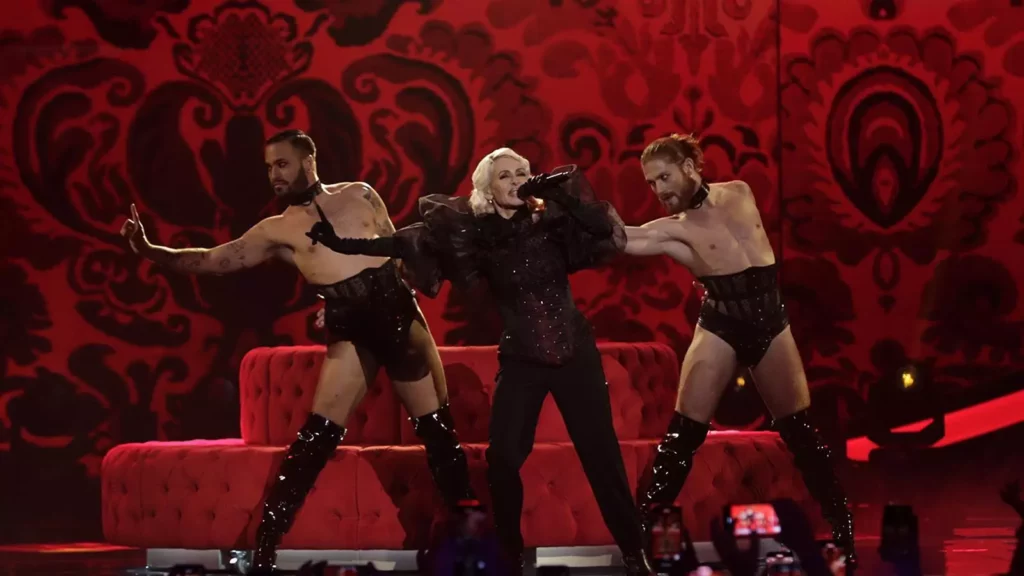The Spanish Eurovision entry’s attempt to reclaim a sexist slur has sparked a backlash, with the government defending the controversial selection.
On Saturday, pop duo Nebulossa was selected in Benidorm, South-East Spain, to represent the country in Sweden this May with a song named "Zorra", which directly translates to "Vixen".
This term holds a secondary, derogatory meaning in Spanish, equating to a prostitute or promiscuous woman, akin to "bitch" in English.
Singer María Bas, alongside keyboardist Mark Dasousa, performs lyrics such as "I know that I am just a bitch… the misunderstood one... a postcard bitch."
Bas, 55, explained to Spanish public radio (RTVE), "I have often been called bitch. This title is a way to transform this word into something beautiful," referring to self-assuredness.
Conservative backlash
Several Spanish feminist groups condemned the song, demanding its withdrawal from the competition.
The Madrid Feminist Movement claimed, in a lengthy statement, that the song "insults women in a macho way," criticising the attempt to "whitewash the offence by repeatedly claiming it’s about empowering women".
The critical group are part of a conservative branch of feminism, and were also critical of Spain's new transgender law last year, arguing it would result in an "erasure of women".
In response to the Eurovision controversy, Socialist Prime Minister Pedro Sánchez commented on Sexta channel, "Feminism is not only fair but also entertaining, therefore, this type of provocation must necessarily come from culture."
Equality Minister, Ana Redondo García, also defended the song, hailing it as a "funny song, that breaks stereotypes."
Eventually, the Eurovision’s organiser, the European Broadcasting Union (EBU), approved the song choice, defining it as an inclusion of "many interpretations".
Spanish media quotes EBU as concluding the song "eligible for this year’s competition".

